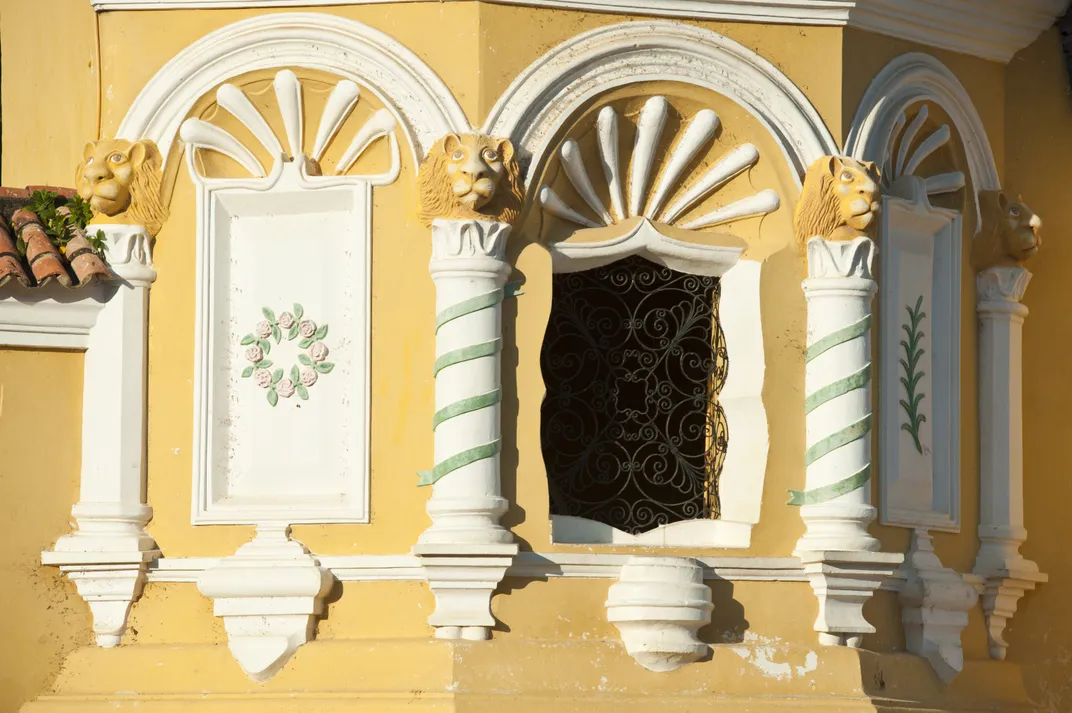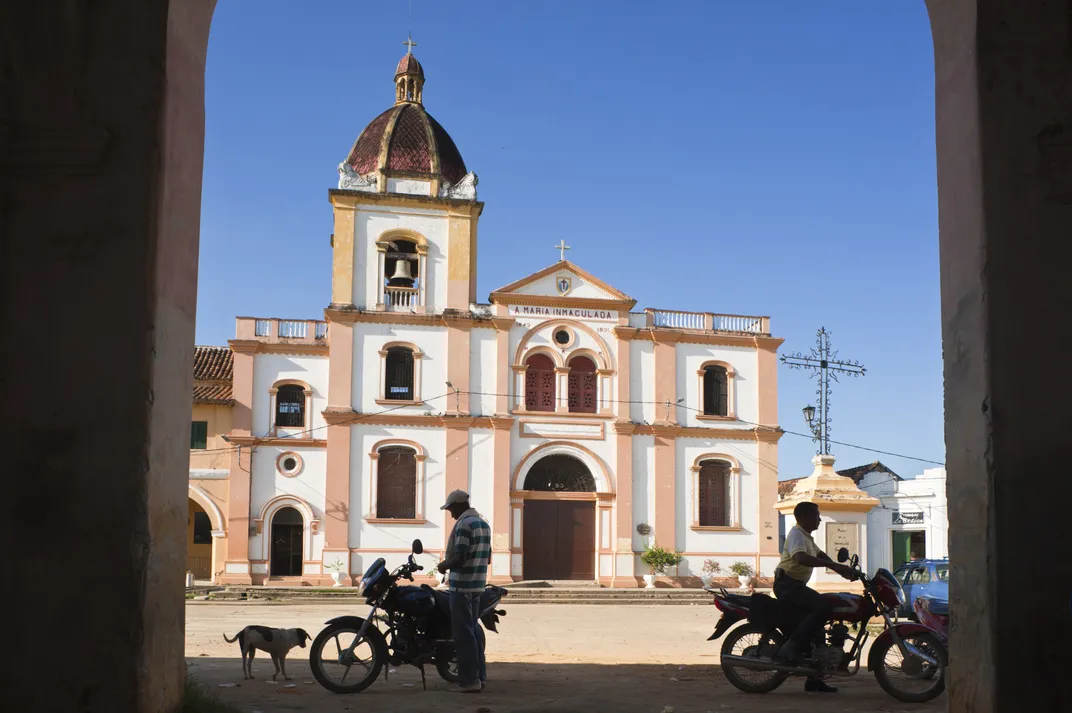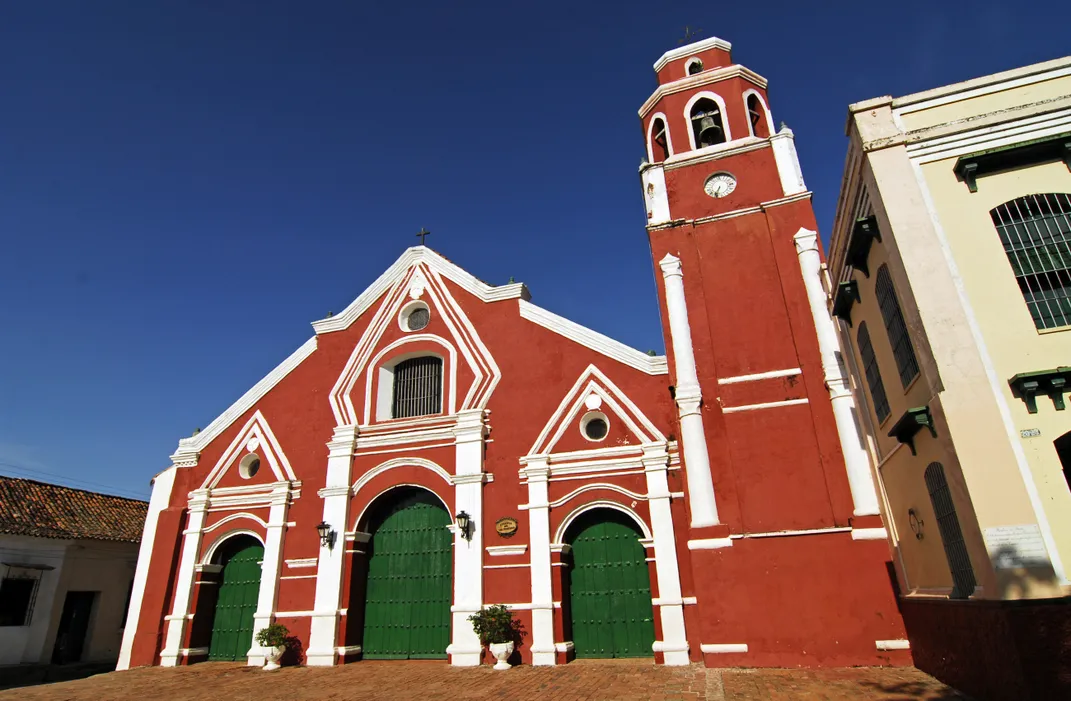Mompox Does Exist: A Town Captured by Garcia Marquez Isn’t Just a Dream
Once a center of commerce, Mompox is now an isolated city in Colombia
A long boat ride through swampy environs can make anyone doubt reality, and in Gabriel Garcia Marquez’s novel The General in his Labyrinth, the title character tells his companion:
“Mompox doesn’t exist,” he said “Sometime we dream about it, but it doesn’t exist”
But the town of 30,000 actually does exist, and is apparently a very relaxing tourist destination, hailed by the New York Times and others for its slow way of life and picturesque scenery. The historic center of the town is listed as a World Heritage Site.
Mompós, or Santa Cruz de Mompox, has a long history, founded by Spanish settlers on the banks of the Magdalena River in 1540. The town also played a role in the rise of Simón Bolívar. From the Guardian:
"If to Caracas I owe my life, to Mompox I owe my glory," reads an inscription on a statue of Bolívar in the town square. It was also here, on 6 August 1810, that Colombia's independence from Spain was declared.
For colonial Colombia, Mompós was a key trading town, linking Colombia's coast with the Andes. It was also the location of a royal mint, where rich merchants deposited vast quantities of valuables, safe from the Caribbean pirates. The banks of the river would have been packed with large boats, and the streets full of workers transporting tobacco, precious metals, contraband, and slaves.
It is hard to imagine that this sleepy place was once the third most important city in Colombia. As silt and debris built up on the river, larger boats stopped taking the route past Mompós and it became a city forgotten by both Colombia, and the world.
But with Garcia Marquez’s death, the city is starting to be remembered again, although Nicholas Gill of the New York Times talked to a local hotel owner who was skeptical that it would translate to business:
“It would be remiss of me to say that this is going to convert into a tourism boom,” he wrote in an email. “What it may do is just motivate a few more people to head on down to Mompós from Cartagena.”
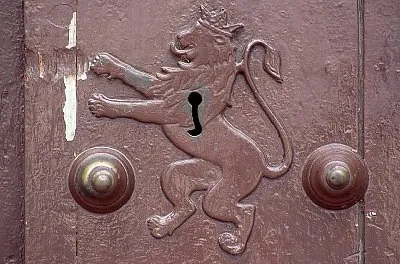
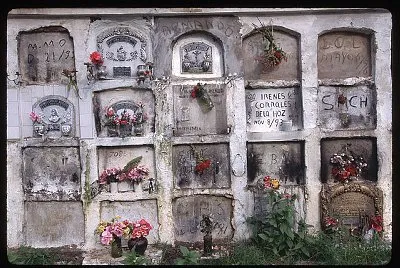
/https://tf-cmsv2-smithsonianmag-media.s3.amazonaws.com/filer/6c/95/6c95427f-bb14-4d86-875b-593b30130ea7/mompox-4.jpg)
/https://tf-cmsv2-smithsonianmag-media.s3.amazonaws.com/filer/e5/69/e5695f3b-76e9-4ecc-aba9-3287c9d02049/mompox-6.jpg)
